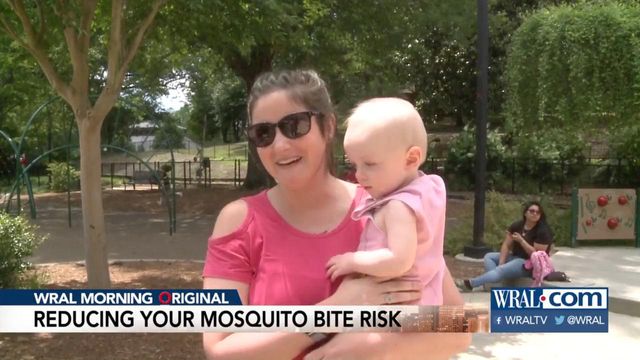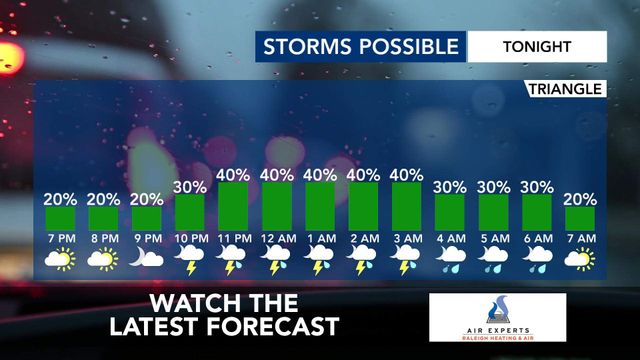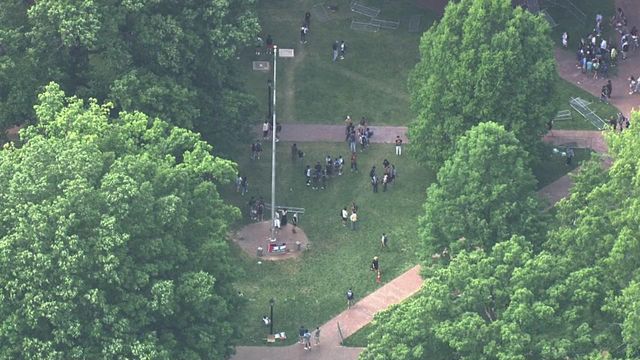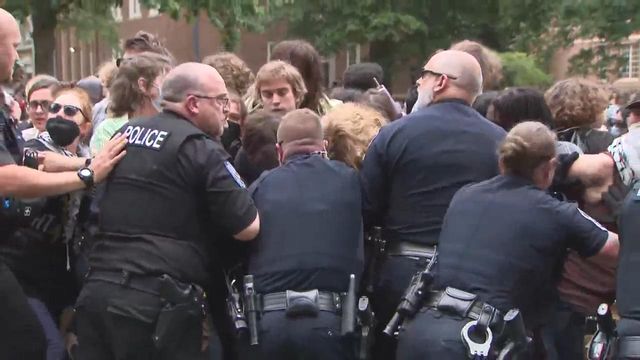Warmer, wetter climate means mosquitoes are around more to annoy and worse
Durham and Raleigh rank in the top five cities with the fastest growing mosquito season. According to Climate Central, an independent agency that researches climate change, the Triangle now sees 41 more days of mosquitoes than we did in the 1980s.
Dr. Michael Reiskind, assistant professor entomology and plant pathology at North Carolina State University, studies and collects the annoying bloodsuckers for his research. He has found that the time of the year no longer matters.
“One big change is that in the last several years, we’ll trap year-round,” he said.
The reason for more mosquitoes is warmer temperatures and wetter weather.
Since 1970, temperatures in the Triangle have increased by 3.3 degrees and yearly rainfall has increased more than 2 inches.
While mosquitoes make an evening on porch miserable, there are bigger concerns.
Mosquitos can also transmit diseases, especially when temperatures are between 61 and 93 degrees.
According to Climate Central, "disease danger" days have increased in the Triangle by 15 days since 1970.

“In general and certainly over a large geographic area, warming temperatures probably put more people at risk of disease than we’ve seen before,” Reiskind said.











